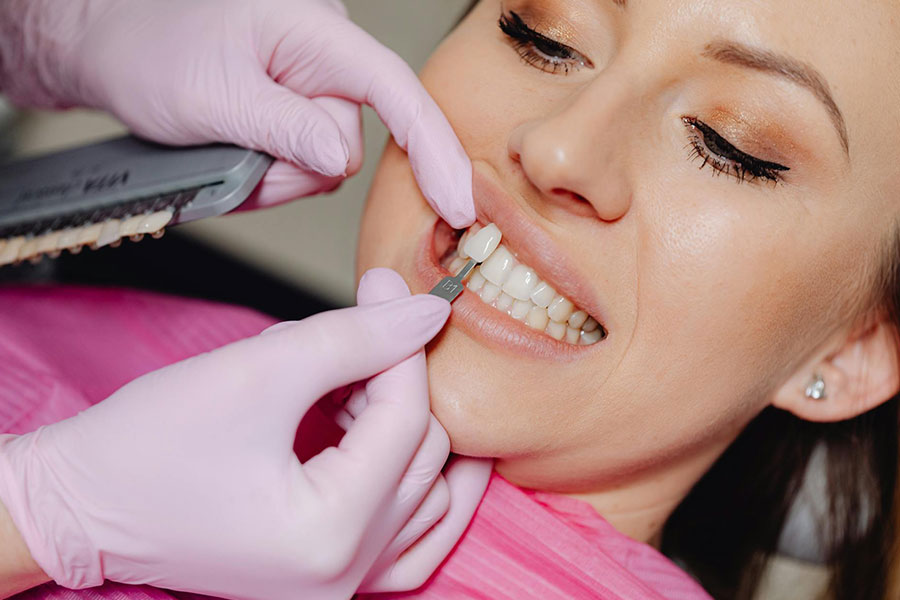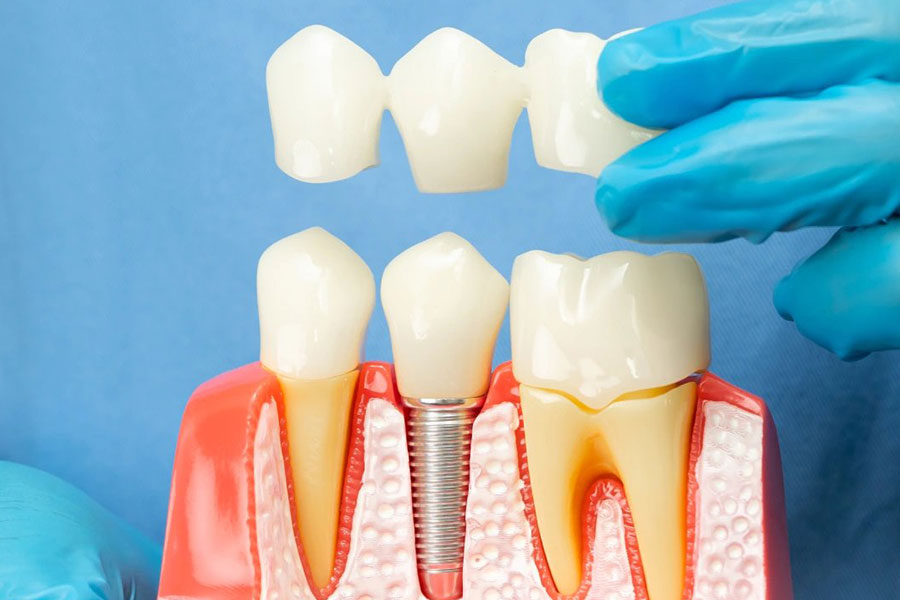Dental implants represent a sophisticated solution for replacing missing teeth, offering a return to comfortable function and a confident smile. For patients in Melbourne and across Australia, they are a popular and effective long-term option. However, the success of this treatment can be impacted by lifestyle choices, with tobacco smoking being a significant, yet controllable, risk factor. Understanding how smoking affects implants and, more importantly, when to quit, can substantially improve treatment outcomes.
How Smoking Compromises Dental Implant Success and Oral Health
The foundation of a successful dental implant lies in a process called osseointegration. This is where the implant, usually made of biocompatible titanium, directly fuses with the living jawbone. Think of it as the body’s cells working to build new bone around the implant, making it a stable and permanent part of the jaw. This fusion provides the strength needed for the implant to support an artificial tooth and withstand chewing forces for years. If osseointegration is compromised, the implant may become loose, painful, and ultimately fail.
So, how does smoking interfere with this delicate process? Tobacco smoke introduces a range of problems. Nicotine, a key component, causes blood vessels to narrow (vasoconstriction), particularly in the mouth’s sensitive tissues. This reduced blood flow means less oxygen and fewer nutrients reach the surgical site, slowing down healing and hindering the bone-building cells (osteoblasts). Beyond nicotine, cigarette smoke contains thousands of other chemicals, many of which are toxic to cells involved in healing and bone formation. Carbon monoxide, for instance, further reduces the oxygen-carrying capacity of blood.
Smoking also weakens the body’s immune response, making smokers more prone to infections at the implant site. Post-surgical infections, like peri-implantitis (an inflammatory condition affecting tissues around an implant), are a major cause of complications and can lead to bone loss and implant failure. Furthermore, substances in smoke disrupt normal cellular functions and bone metabolism, impairing wound closure and potentially leading to chronic inflammation, which can damage the bone supporting the implant. The cumulative effect is delayed wound healing, prolonging recovery and increasing the window for complications. Statistics paint a clear picture: smokers generally experience higher rates of implant failure. Some studies show failure rates in smokers can be up to 2.14 times higher than in non-smokers. For those considering dental implants Melbourne, understanding these risks is a first step.
This brings us to the concept of a “quit-window” – strategically timing smoking cessation to maximise implant success. It’s not an arbitrary period; it’s based on the body’s recovery timelines.
The Critical Pre-Surgery Quit Window for Dental Implant Patients

Stopping smoking before implant surgery allows the body to begin recovery. A common recommendation is to quit at least one to two weeks before the procedure. This period can allow for improvements in blood parameters and tissue oxygenation. Ideally, a longer cessation period, such as up to eight weeks, may offer even better results by allowing more substantial physiological recovery. For patients requiring bone grafting, a procedure sometimes needed before implant placement, quitting at least two weeks prior is often advised to help the graft succeed. Many searching for dental implants near me will find their chosen professional emphasises this preparatory phase.
Post-Surgery No-Smoking Rules: Protecting Your Implant Investment
Abstaining from smoking after implant placement is arguably even more critical. The initial few days to a week post-surgery are vital for blood clot formation and initial soft tissue healing. Smoking during this sensitive time can dislodge the clot, introduce contaminants, and delay healing.
The early healing and osseointegration phase, lasting up to two to three months, is when bone cells are actively fusing to the implant. Continued abstinence during this period is strongly advised. The full osseointegration process can take three to six months, or even longer, depending on individual factors. It is best to avoid smoking throughout this entire critical integration period to ensure adequate blood flow and nutrient delivery for bone maturation. While these specific windows are important, the ideal scenario for long-term implant health, and overall oral health, is to quit smoking for good. Concerns about teeth implants cost Melbourne should also factor in the increased risk of failure and potential further costs if smoking continues.
The Rewards of Quitting: Boosting Implant Success and Overall Well-being

Quitting allows the body to recover, leading to improved blood circulation, a reduced risk of infection as the immune system strengthens, and healthier gums. Encouragingly, studies show that patients who quit smoking can achieve implant success rates approaching those of non-smokers. The longer the cessation, the better the outlook.
Your Path to a Smoke-Free Smile and Successful Implants in Melbourne
If you are considering full mouth dental implants Melbourne, or even a single implant, and you smoke, the best course of action is an open discussion with your dental professional. They can provide guidance tailored to your situation and support you in developing a quit plan.
Frequently Asked Questions: Smoking and Dental Implants
1. How long before getting dental implants should I stop smoking?
Ideally, patients should aim to quit smoking at least one to two weeks before their implant surgery, with some dental professionals recommending up to eight weeks for more significant physiological recovery. This period helps improve tissue oxygenation and the overall healing conditions at the time of surgery, setting a better stage for the implant procedure and initial osseointegration.
2. Can I smoke after my dental implant has healed?
While the most critical period is during initial healing and osseointegration (3-6 months post-surgery), continued smoking always poses a risk. Long-term smoking increases the likelihood of peri-implantitis, a condition similar to gum disease that can lead to bone loss around the implant and its eventual failure. For the best long-term implant health, permanent cessation is recommended.
3. Does even light smoking affect dental implants?
Yes, even light or occasional smoking can negatively impact dental implants. The harmful biological effects, such as reduced blood flow due to nicotine and direct toxin exposure to oral tissues, occur with any amount of smoking. These effects can interfere with healing, especially during the critical months after implant placement, increasing the risk of complications. There is no recognised “safe” level of smoking for implant success.
4. If I quit smoking, will my implant success rate be the same as a non-smoker?
Quitting smoking significantly improves implant success rates. Studies indicate that former smokers can achieve success rates that are much closer to those of non-smokers, around 92%, compared to lower rates for active smokers. The longer an individual has quit smoking, the more their risk profile can resemble that of a never-smoker, offering a powerful incentive for cessation. Looking for dental implants near me affordable options should also include considering the long-term savings from reduced complications by quitting smoking.
5. What if I need a bone graft? Does smoking affect that too?
Smoking is highly detrimental to the success of bone grafts, which are sometimes necessary to build up bone before an implant can be placed. Nicotine restricts blood flow essential for the graft to heal and integrate. Implant failure rates in grafted sinuses are reportedly twice as high in smokers. Quitting smoking, ideally at least two weeks before grafting and continuing for several months after, is advised to optimise graft success. When considering dental implants near me prices, the potential need for grafting and the impact of smoking on its success are important factors.
